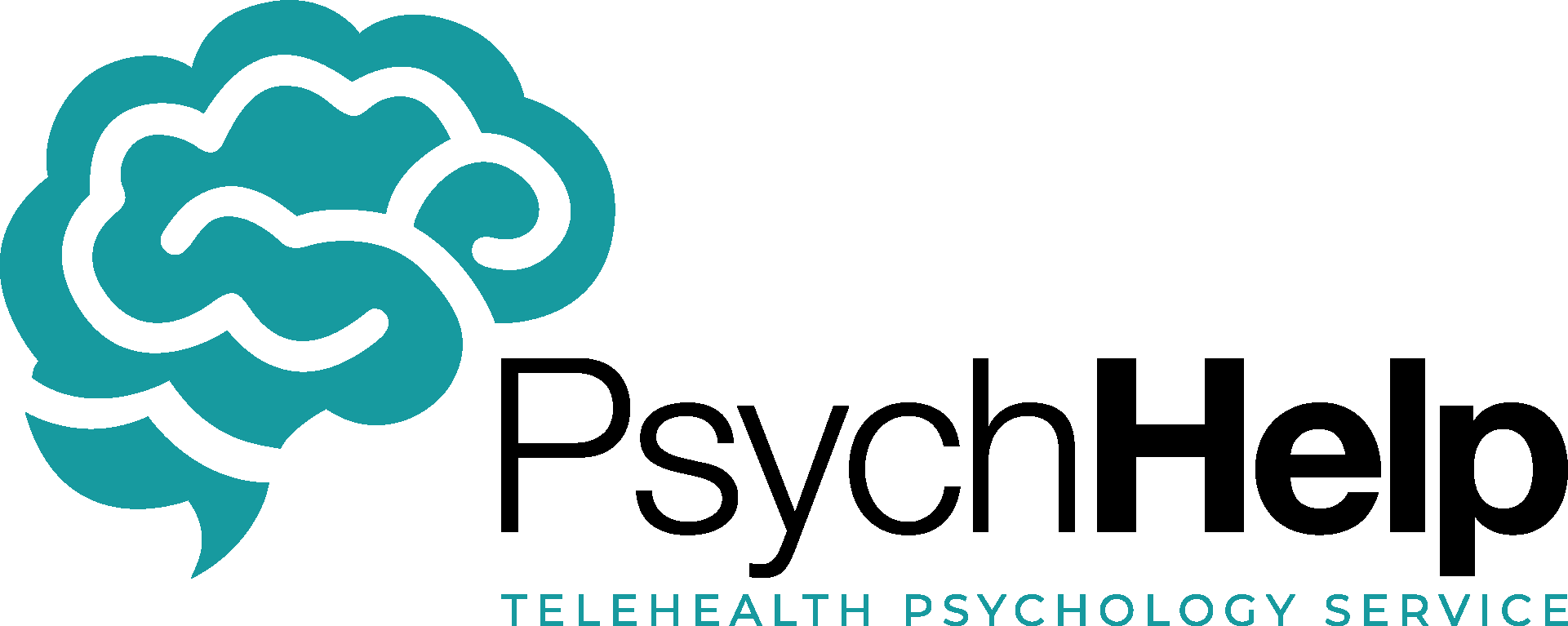“I’m struggling with the consequences of a childhood trauma and I am getting professional help soon. However, one of the things that makes every day difficult to get through is that I keep associating things that I really like as well as random things with what happened to me and more specifically to the person that did it. I am so scared that I won’t get rid of these associations and that I will ruin all of my good memories. What can I do? Can these associations go away? Should I wait to do things I like until after I get help, so I do not further create new associations? Elsa
Thank you for your questions Elsa. This is such a common experience for people who have experienced a traumatic event or events. A trauma trigger is a something that makes us more likely to remember a traumatic experience. These triggers can be everyday objects or experiences which makes it difficult to predict when they might trigger a traumatic memory. This can be a stressful experience as often we would rather forget traumatic memories or at the very least only think about them at times, we feel ready and are in a safe space.
One of the main ways people try to cope with these trauma triggers is through avoidance. This is because if they can avoid the trigger, they hope it will make it less likely they will remember the traumatic event. Avoidance can involve avoiding a situation, person, object, thought, bodily sensation and can also involve checking and safety behaviours. Avoidance is your brain trying to cope with a really difficult situation and in many ways is an intelligent way to respond. Unfortunately, there are a number of difficulties with avoidance as a strategy. First, it is impossible to avoid all triggers all the time. Second, when you avoid a range of activities or experiences it can limit your enjoyment of life and lead to you feeling isolated and sad. Third, avoidance uses a lot of thought and energy so you can end up feeling tired and overwhelmed by your situation. Fourth, while some triggers may indicate an object or person that should actually be avoided in many circumstances the trigger is actually a harmless object that has become associated with a traumatic event.
To deal with trauma triggers it is important to have support and skills. Having people around you who know about what has happened and can be there with you if you do encounter a trigger is very helpful. They can talk you through other ways of looking at the trigger, help distract you or help you realise you can confront the trigger and cope with it. Having skills to remain physically calm such as breathing and progressive muscle relaxation can help you remain calm even when facing difficult triggers. Having cognitive skills to understand how your brain works, what your fears are and how you can deal with triggers is also important. Mindfulness training is a great way to learn more about how your brain works. Cognitive or schema therapy can help you understand your automatic thoughts and the beliefs they stem from so you can start to challenge your unhelpful thoughts. This can help to reduce the panic which often occurs when you encounter a trigger.



I keep associating people’s faces to the things that I love. This started when I just finished a book that I loved so much and experienced deep emotions because it was a sad book. After a few days, my cousin and I decided to watch a horror movie. It wasn’t that scary but there was this scene where the face of the protagonist was shown for a long period of time. When the movie finished, we decided to go to bed but as soon as I closed my eyes, the face of the protagonist was still on my mind. Thankfully I was able to sleep but the first thing I thought in the morning was still the face of the protagonist. I noticed I would always see the face whenever I think about the story of the book. The face got associated with the book. It never left ever since then. (I’ve been experiencing this for the past 2 months). At first, it was just the protagonist of the movie, but now I’ve been associating random people (specifically to those I felt deep emotions on, ex. hate) to the things that I love like songs and other books. I will be soon going to a psychologist but it still bothers me so much I’m going crazy. Should I wait to read books and listen to more songs until I get help? Will it get better?